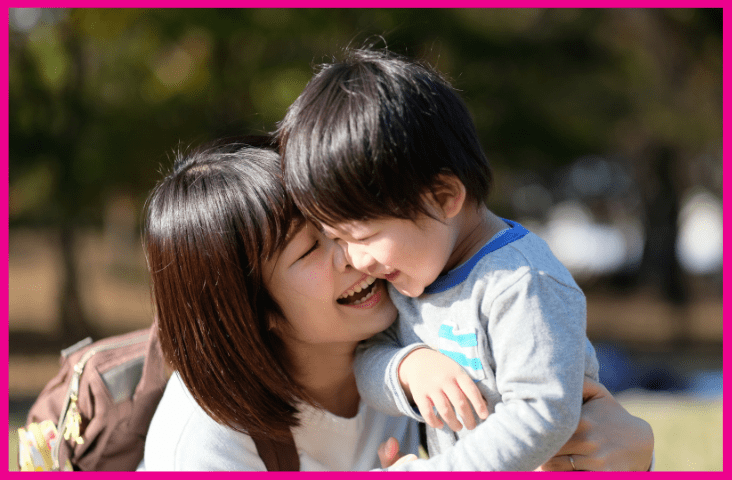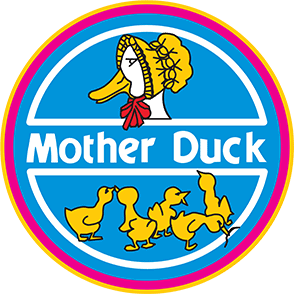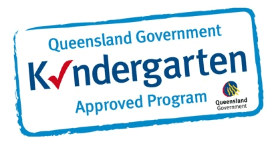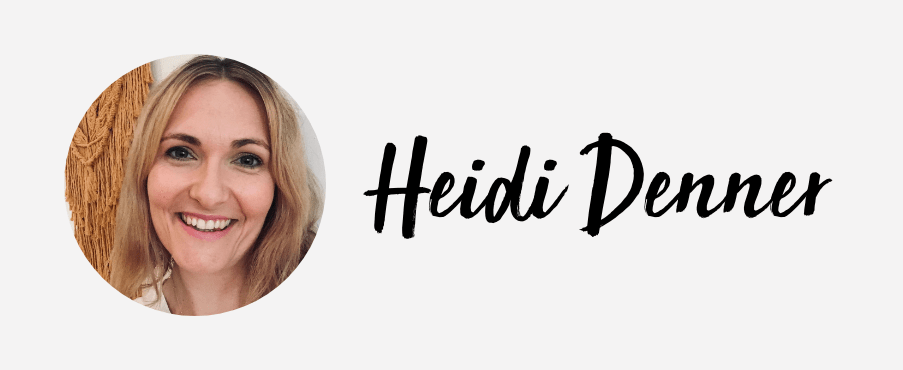
When Our Greatest Strength Is Our Greatest Challenge
People are messy and complex aren’t they? Whether we are “big people” or “little people”, we are ALL learning to understand and navigate who we are, how we “tick” and how we interact with the world around us. Quite often our greatest strengths are distorted and are therefore hidden underneath the weight and mess of our human weaknesses.
I stumbled across an incredible quote just yesterday and it’s been rumbling around in my mind ever since:
“Every strength has a corresponding challenge and every challenge has a corresponding strength. The inattentive child may be a deep thinker.
The uncooperative child may be a natural leader.
The emotionally charged child may be gifted with exceptional empathy.
The rule-defying child may be an out-of-the-box innovator.
When faced with challenging behaviours, look for the corresponding strength and focus on nurturing that gift while providing gentle guidance and coping skills for the challenging areas.
That is the essence of working with instead of against, our children.”
– L.R Knost (Little Hearts/Gentle Parenting Resources)
This quote is written in relation to children however, the concept this quote refers to is something I have often wrestled with in my own personal reflections and in professional conversation with others over the last several years.

I am that “emotionally charged” adult…
Sometimes I feel so deeply, that I just do not know what to do with those feelings. I can find myself growing “passionately angry” quite quickly and as a result, speaking too directly, without measure or sense of “good timing”. Over the years, I have found this happens particularly when there has been an injustice of some sort and when that injustice has involved a more vulnerable person. I used to try and shut my feelings off or push them down so that on the outside I could be more “compliant” or “easy going”. The problem was, the big feelings didn’t go away. I used to sit in this shame cycle of wishing I wasn’t so strong minded, wishing I could be different or “not so emotional”, but the cycle just increased my frustration with myself, which did nothing to better my external behaviour.
What I began to realise about myself as I journeyed with others in their “wrestling” with particular weaknesses, was that those so- called weaknesses were actually distorted strengths. As an “emotionally charged adult” (like the emotionally charged child referred to above in the quote), my big feelings when an injustice occurred, were triggered because I have a huge amount of empathy.
Empathy is my greatest strength – it fuels the work I do with children and families, it drives me to seek a deeper understanding of others (and in particular the marginalised and misunderstood in our communities). However, whilst empathy drives me to connect deeply with others, left without accountability and boundaries, it actually sucks me dry. What is my greatest strength, if I am not careful, becomes my kryptonite- slowly leaving me exhausted and overrun with emotion…
I have learnt that my high level of empathy can trigger a heightened sense of anxiety when my empathy shifts to journeying with someone, to actually taking on their burdensome journey as if it were my own. When this happens, my emotional brain is heightened by my anxiety (because I feel out of control), and therefore I quickly move into “fight mode” to fix the injustice at hand. Once again, my greatest strength (to feel for others to the point of wanting to protect them), becomes my greatest weakness because these big emotions take over the thinking part of my brain, meaning I don’t always communicate clearly or in a way that is truly helpful in addressing the injustice I am upset about.
To refine this strength, I cannot just “shut it off” (it’s a huge part of who I am!). Rather, I need to take steps to develop and refine how I react to my empathy, and to do this I need support.
Our strengths are amplified in connection with others
It’s hard being human -right? However, I have learnt that I don’t have to be human on my own and in fact, the best way I can learn to embrace my greatest strengths so that I flourish, is with the help of others:
- A husband who lends me his “thinking brain” when I can’t see the forest for the trees, in love and without judgement.
- A good friend who reminds me of my boundaries and who gently corrects me when I am carrying a burden that isn’t mine to carry.
- A trusted colleague and mentor who firmly, yet graciously holds me to my values when my anger threatens to take over and cause me to act outside my values and who I want to be.
(Most recently this sounded like – “Heidi, I can see that you’re carrying a huge load right now and that’s hard. I value your heart to advocate for others. Can I talk you through some thoughts I have about how you can express your heart, but also keep your frustrations in check so that your advocacy work can be most effective?”).
If as an adult with a fully developed thinking brain (yes- the prefrontal cortex isn’t fully developed until somewhere in our 20’s), connection with others is the key to helping me shape my strengths and refine my weaknesses, I can’t help but think just how much more our children need this connection and gracious correction. If my husband, friend or colleague were to judge me, get mad at me, lecture me or disprove of me in attempts to address my “weaknesses”, there is no way that I would be taking on board their advice or suggestions. I wouldn’t feel safe to allow myself to be vulnerable enough to do so.
Similarly, when my five year old (who holds the strengths of determination and perseverance), is pushing hard against the boundaries, if I get “mad”, lecture or judge her, the very lessons she needs to learn with my support and connection are lost. Determination and perseverance will see that my daughter won’t ever be pushed around into doing something she doesn’t want to do – amazing strengths to have to avoid succumbing to peer-pressure, and yet very challenging strengths to have in our day to day life as a family at times. And yet, these are strengths I do not want my daughter to lose – I do not want to crush them or train them out of her, I instead want her to learn (over time) to amplify them in a positive and healthy way. So, with this in mind, I do my best to first connect and validate and then pick the right time to graciously correct and encourage her toward her strength in a healthy way. It might sound like –
“Honey, I can see you’re upset because I have said it’s time to pack away and come to dinner. I know you like to do things in your own time and in your own way – I love your strong mind! Instead of yelling, can you talk to me about how I can help you? Do you need a few more minutes? Or if you come now would you like to come back and play once dinner is finished?”
The more times my little one presents me with these distorted strengths of determination and perseverance, the more opportunities I have to gently support her to find healthier ways to amplify and express her strengths. (And the more times I have to learn to develop patience myself- ouch!)
Shifting the lens
The challenges we may be facing in ourselves and with our children and their behaviour can communicate important messages that I am still learning to pay attention to. What potential “challenges” are you facing? What are those things about your personality that you “just don’t like”, that could potentially be a distortion of your greatest strengths? And most importantly, what current challenges are you noticing in your child (that are very tempting to squash or lecture out of them), that you could begin to view through a new lens? A lens that amplifies the strength that might be hiding underneath the mess and weight of your child’s greatest human weakness.
-Heidi Denner-
For more information, visit:
Heidi Denner is a wife, mum and educator who is continually inspired by all she learns from the children she works with daily, (and in particular her own three children). As a mother to an autistic child, Heidi is an advocate for children’s needs, but also understands the significance of family mental health and wellbeing and how this is critical to a child’s overall development. As an avid reader and life-long learner regarding all things “neuroscience”, Heidi loves sharing current research regarding brain development so that families can understand how to best support their child’s needs and their own personal mental health and wellbeing.





